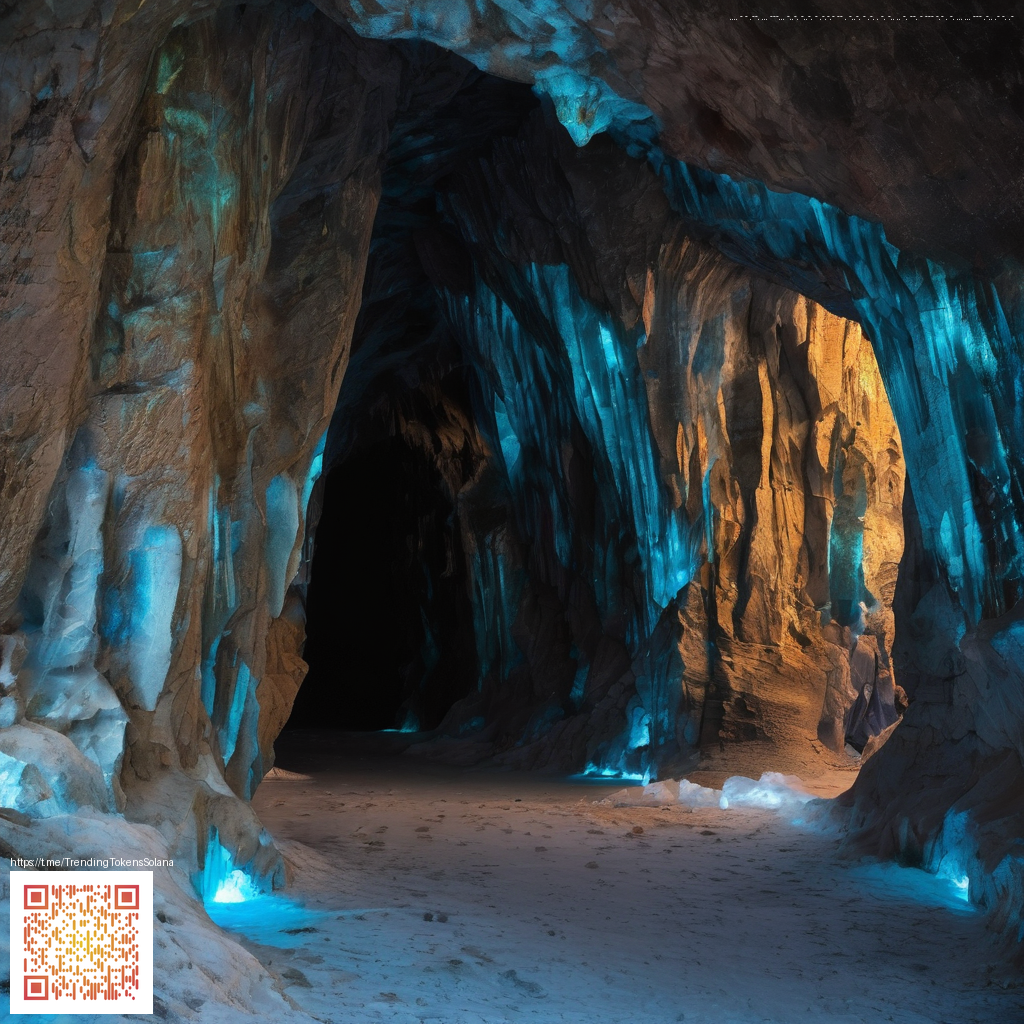
The Last Bell of Hollowcrest
On the evening of my first term at Hollowcrest, the coach dropped me by a stone staircase that spiraled into a night thick as old varnish. The boarding house wore its silence like a uniform: pressed, exact, and a little damp at the edges. The bell room was the first thing I avoided, a lantern-lit chamber where the sound of a single bell could travel through bone. They told me discipline was virtue, and virtue, they insisted, was always punctual. The headmaster—the figure who never blinked—moved through corridors like a shadow folded into a coat, and every portrait watched with a patient, unblinking courtesy, as if the school itself were listening for your breath.
At night, the dormitory stretched into long rows of beds that faced a shared ceiling and a shared secret. We learned to answer the bell, not with a word, but with breath—one shallow inhale for roll call, one longer exhale when sleep pressed its fingers at the window. The corridors whispered of students who had vanished into the woodwork: footprints in the dust that appeared and disappeared, a cardigan hung on a hook that hadn't been there in the morning, a lamp that glowed without oil. I kept a notebook beneath my pillow, recording dates, odd incidents, and the way the clock in the study room always seemed to tick slightly off-key when the last bell rang. The day ended, and Hollowcrest breathed in the pause between two chimes.
“We are not the living, but the curriculum,” a voice rasped from the stairwell, as if the wood itself took notes. “And every rule is a sentence, and every sentence ends with a bell.”
In the attic I found a weathered ledger listing names with dates of departure, and a final, stark entry: “Until the last bell rings, you are not free.” The headmaster’s portrait hovered over me, its eyes never blinking, and the air thickened with a memory I could almost taste—like iron and rain. The previous term’s students had left behind whispered rumors and a room that smelled of old ink and rain-soaked velvet. When the first midnight bell tolled, I felt Hollowcrest reach out through the walls, counting breaths as if they were footsteps across a floor that wasn’t there. The last bell, someone had warned, does not announce your arrival; it adjudicates your fate.
Rules of Hollowcrest
- The bell must be answered with the breath, not the tongue; silence invites absence.
- Midnight is a door, and every strike of the bell is a key turning.
- Never speak of the fog that rises from the cellar stairs after curfew.
- Disappearing classmates leave no footprints on your conscience—only on the wallpaper.
- The final bell does not belong to the school, nor to the living; it belongs to the last listener who remains.
When dawn finally came, it arrived with the same careful courtesy as the portraits—all eyes open, all secrets staying just out of reach. I did not run. I stayed long enough to hear the last bell toll once more, and to understand that Hollowcrest does not end with a student leaving; it ends with a student becoming part of the school’s old, patient memory. The corridors exhaled, the lights flickered once, and the staircase seemed to bend toward a future I had not chosen but could not escape. The bell had spoken, and I had listened. The last bell did not forgive. It just names you, and in naming, you begin to belong to Hollowcrest.